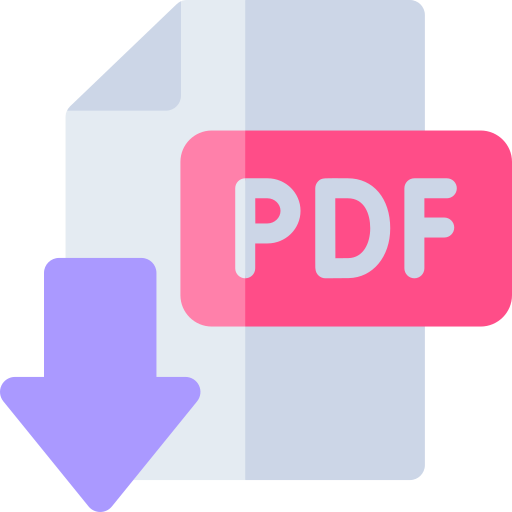Object of the Bill
The object of the Bill is—
(a) to give effect to article 154(3) and 163 of the Constitution by providing for the Office of the Auditor General;
(b) to provide for the appointment, tenure and removal of the Auditor General from office;
(c) to provide for the staff of the Office of the Auditor General;
(d) to provide for the auditing of accounts of central government, local government councils and administrative units, public organisations, private organisations and bodies;
(e) to establish an Audit Board to perform specified functions relating to the Office of the Auditor General;
(f) to empower and give the Auditor General a right of access to documents and information relevant to the performance of his or her functions; and
(g) for other related matters.
Bill Document
Other Attachments
| 1 |
|
||||||
|---|---|---|---|---|---|---|---|
|
|||||||
The Audit Bill, 2007
Sponsored By Hon. Dr. Ezra Suruma (Minister of Finance, Planning and Economic Development)
Committee: The Committee on Finance, Planning and Economic Development
Start
First Reading/Committee
The bill is still at First Reading, and the first stage is a passage through the floor of parliament. This stage is usually a formality, primarily focusing on introducing the Bill to the Parliament. It takes place without debate, and the first reading of a Bill can occur anytime in a parliamentary session. The significance of this stage lies in the fact that it marks the formal introduction of the Bill to the Parliament, setting the stage for further discussions and debates.
Second Reading
The bill is still at First Reading, and the first stage is a passage through the floor of parliament. This stage is usually a formality, primarily focusing on introducing the Bill to the Parliament. It takes place without debate, and the first reading of a Bill can occur anytime in a parliamentary session. The significance of this stage lies in the fact that it marks the formal introduction of the Bill to the Parliament, setting the stage for further discussions and debates.
Third Reading
Parliament has passed the Bill. The third reading is the final chance for the Members of Parliament to debate its contents. Here, the debate is usually short and limited to what is actually in the Bill rather than, as at the second reading, what might have been included.
Presentation/Waiting Assent
The Bill is now awaiting the Presidents assent, a crucial step in its journey. When the Floor of Parliament has passed a Bill, it is presented to the President, who carefully reviews it, considering its implications and ensuring it aligns with the governments policies and the Constitution. The Presidents assent is the final step in the Bills journey, marking its transition from a proposed law to an enacted one, underscoring this decisions importance in the legislative process.
Assented by President
At this crucial point, the Bill has transformed into an Act of Parliament, marking a significant milestone in its journey. However, it requires the Presidents assent before it can be enacted into law. This act of consent, a formal agreement by the State, represents the final step in the Bills process, underscoring the pivotal role of the President in the legislative process and the importance of checks and balances in our democratic system.
End
Bill passed on 28/06/2008
At this crucial point, the Bill has transformed into an Act of Parliament, marking a significant milestone in its journey. However, it requires the Presidents assent before it can be enacted into law. This act of consent, a formal agreement by the State, represents the final step in the Bills process, underscoring the pivotal role of the President in the legislative process and the importance of checks and balances in our democratic system.
Bill Withdrawn on 01/01/1970
